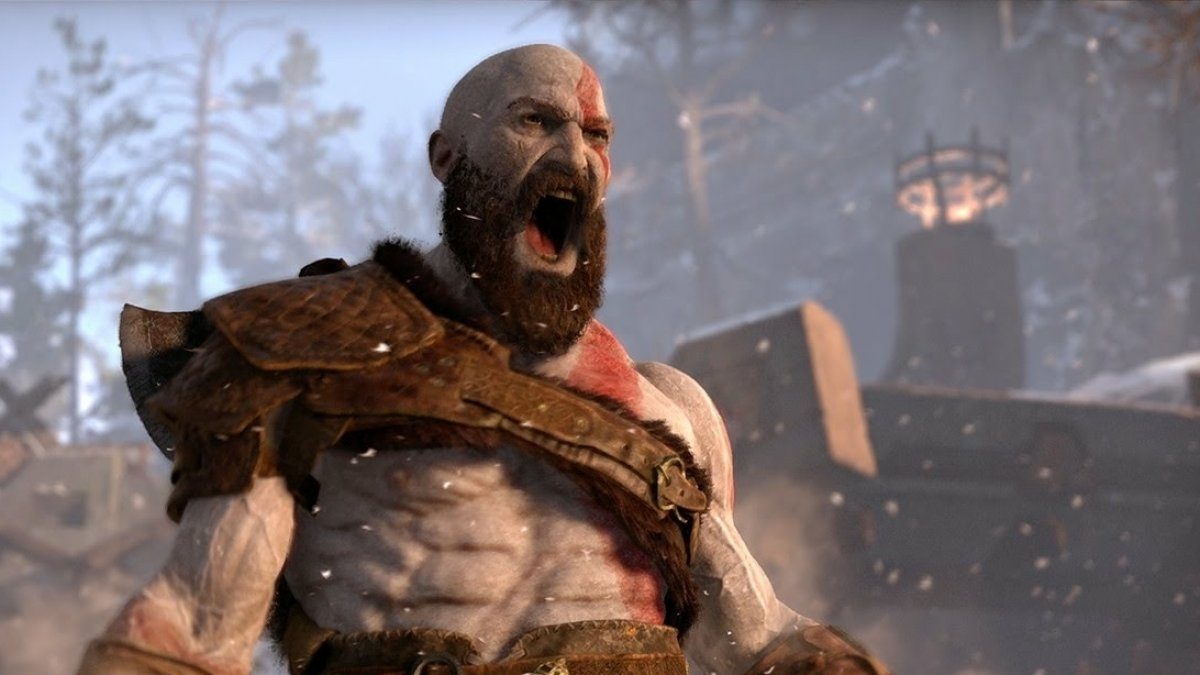“Sissifying” or “unmanly” content and the “glorification of money” are banned in Chinese video games. The Chinese government stressed this in a meeting with representatives of the domestic games industry on Wednesday night, attended by major corporations NetEase and Tencent, among others.
At the meeting, the Chinese leadership ordered the companies to step up scrutiny of the content of their video games, state news agency Xinhua reports. “Content that is obscene or violent, or leads to unhealthy inclinations such as the glorification of money or to effeminacy, should be removed,” Xinhua writes.
By “effeminacy” is meant primarily androgynous aesthetics, Professor Geng Song of the University of Hong Kong told the AFP news agency. Beijing fears that “effeminate men are physically weak and emotionally unstable” and cannot properly defend their country.
Restriction on online gaming
At the meeting, game companies were also said to have been reminded of the new restrictions on online gaming by young people. At the end of August, China’s National Press and Publication Administration NPPA had limited the amount of time children and teenagers can spend playing online games to three hours per week. Previously, 90 minutes per weekday was allowed.
People under 18 are now only allowed to play games on Fridays, Saturdays, and Sundays for one hour each evening. At the meeting with gaming industry representatives, the Chinese government now urged consistent implementation. The providers of the video games are responsible for implementing these time limits; children and young people should only be able to log into the online games with a clear name and official identification number. According to the Chinese government, the regulations are intended to combat online and gaming addiction among young people.
“Opium for the mind”
A state news agency article had previously called video games “opium for the mind” and “electronic drugs.” Gaming addiction, it said, was a growing problem and would prevent children from learning and promote alienation.
How video games promote addiction
The Chinese gaming market is the largest in the world – ahead of the U.S. and Japan. Chinese game companies are also active in the West: Tencent, the world’s largest game company, owns 100 percent of Riot Games, the studio behind “League of Legends” and “Valorant.” Also belonging to Tencent are Funcom (“Conan Exiles”), Grinding Gear Games (“Path of Exile”), Klei Entertainment (“Don’t Starve”) and 80 percent of Supercell (“Clash Royale”). Tencent also holds shares in Blizzard Entertainment, Ubisoft and Epic Games.
The extensive intervention required to publish games on the Chinese market is illustrated, for example, by the title “Game for Peace”. This is a port of the shooter PUBG Mobile, which was adapted according to the wishes of Chinese regulators. Blood was completely removed from the game, and the animation of the dying game characters was replaced by patriotic salutes.
According to the South China Morning Post newspaper, the Beijing government has also reportedly decided to slow down the approval of new online games until further notice. Most recently, in 2018, China decided not to approve any online titles at all for nine months.
Follow us and check out our social media accounts on Twitter, Facebook & YouTube ►
● on Twitter ► esport.directory
● Facebook ► esport.directory
● Youtube ► esport.directory
ValorantTeams, Valorant , Heroes&WIKI, ValorantTeam, ValorantPlayer, ValorantPlayers, ValorantTeamBuilding, ValorantTeamGuide




